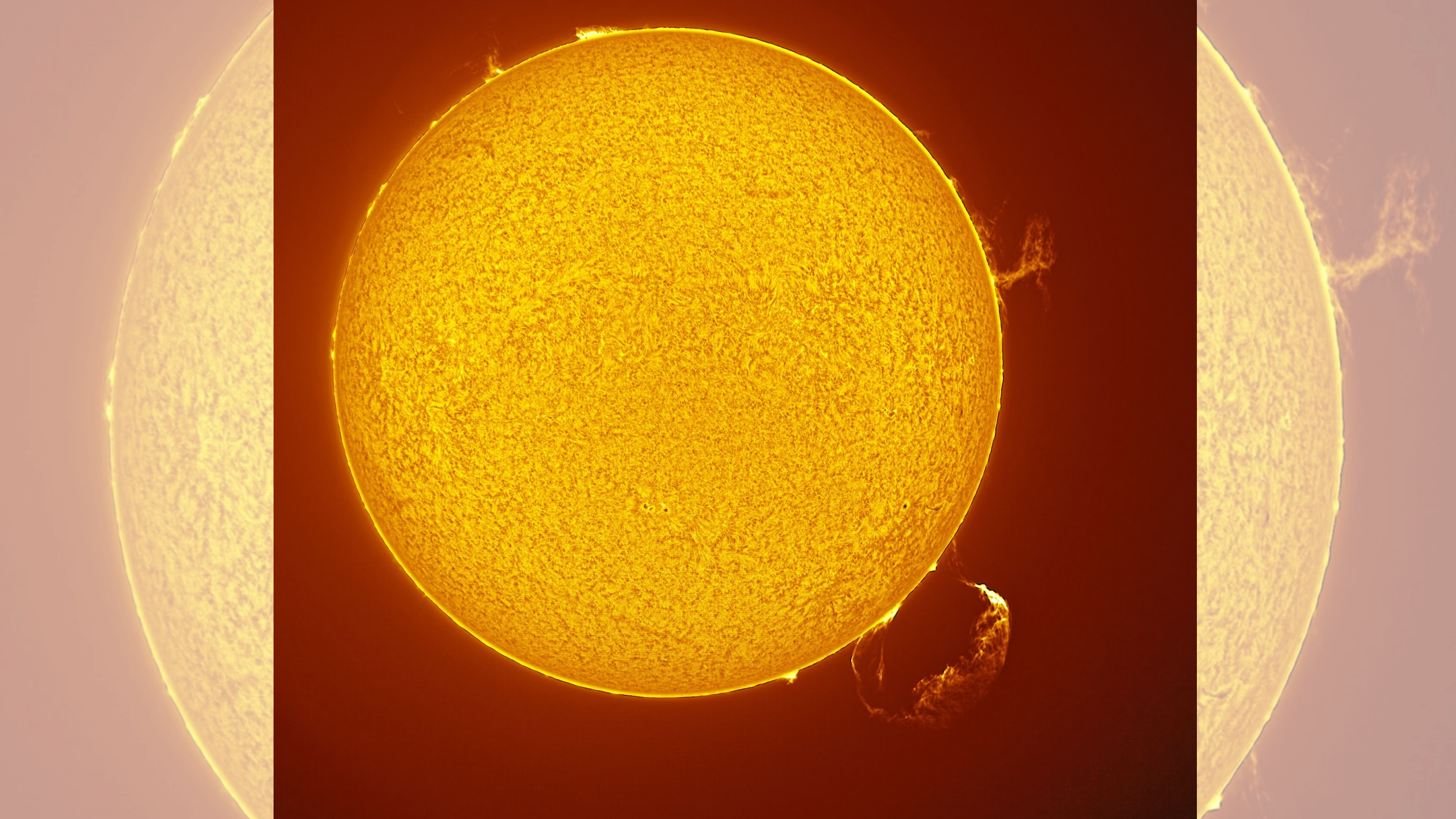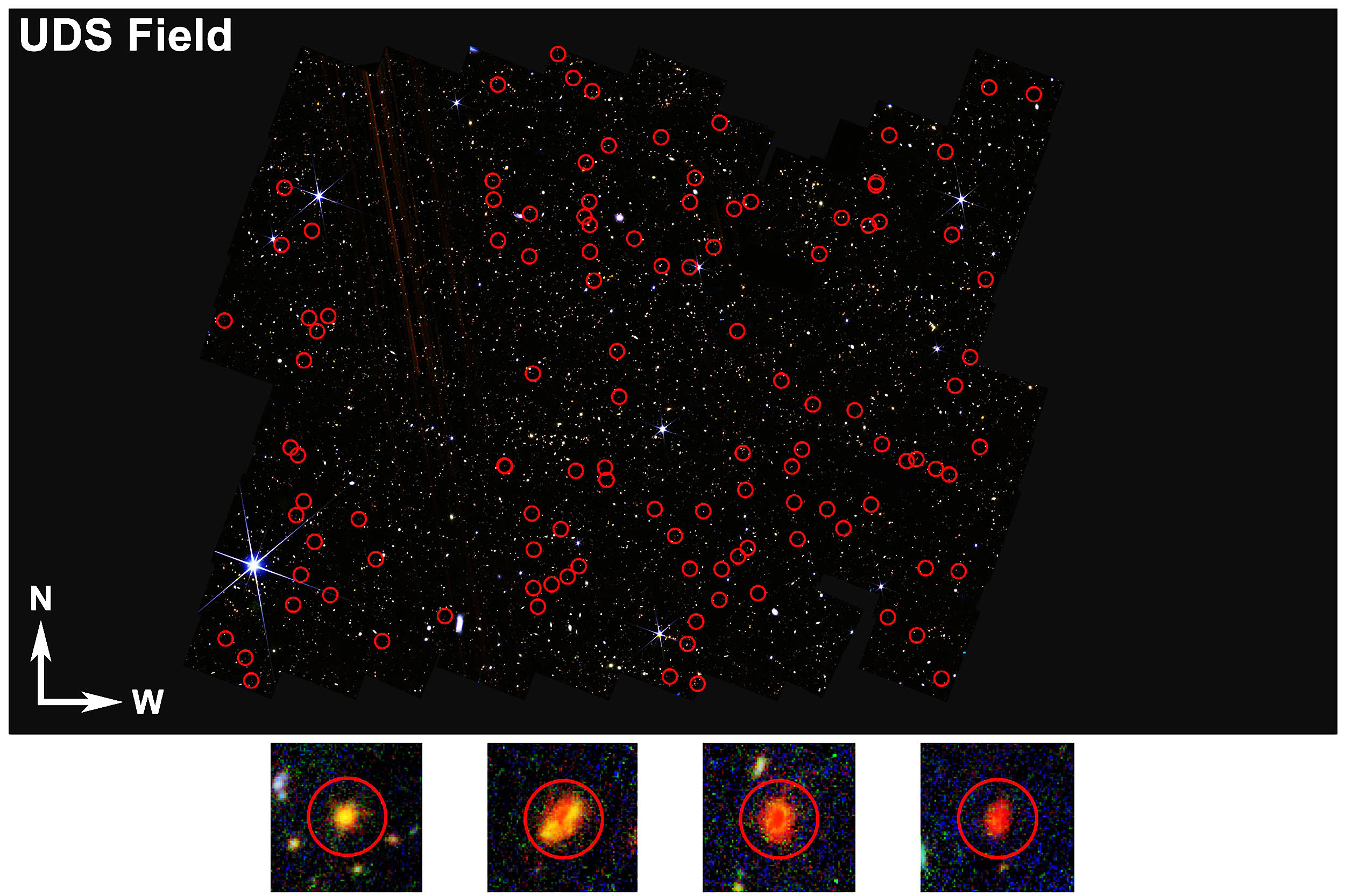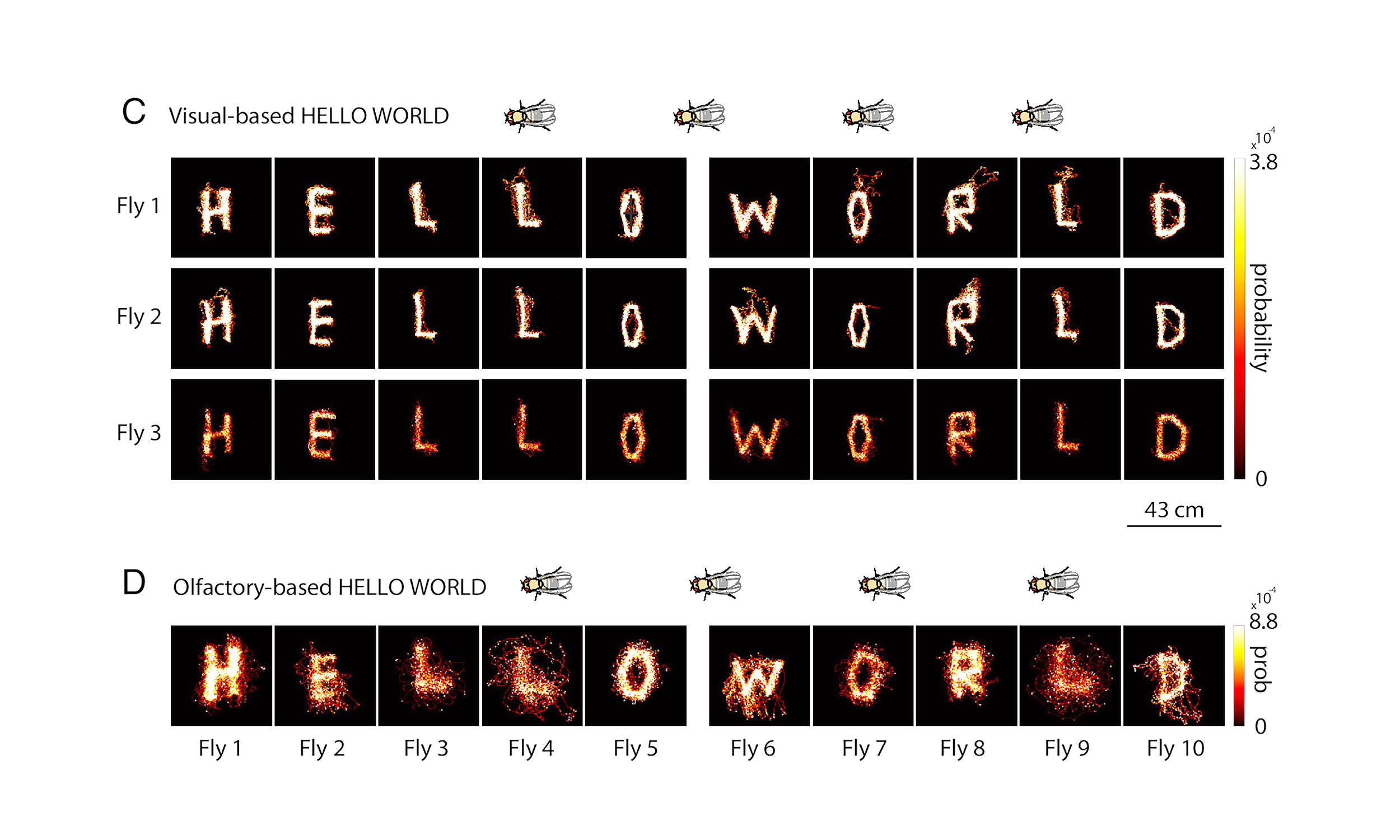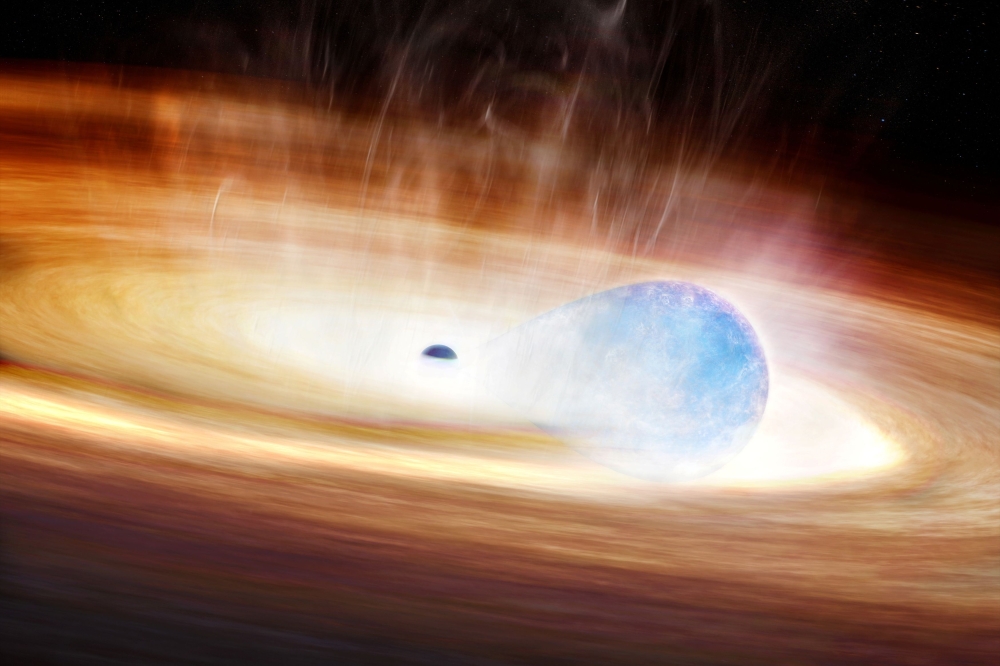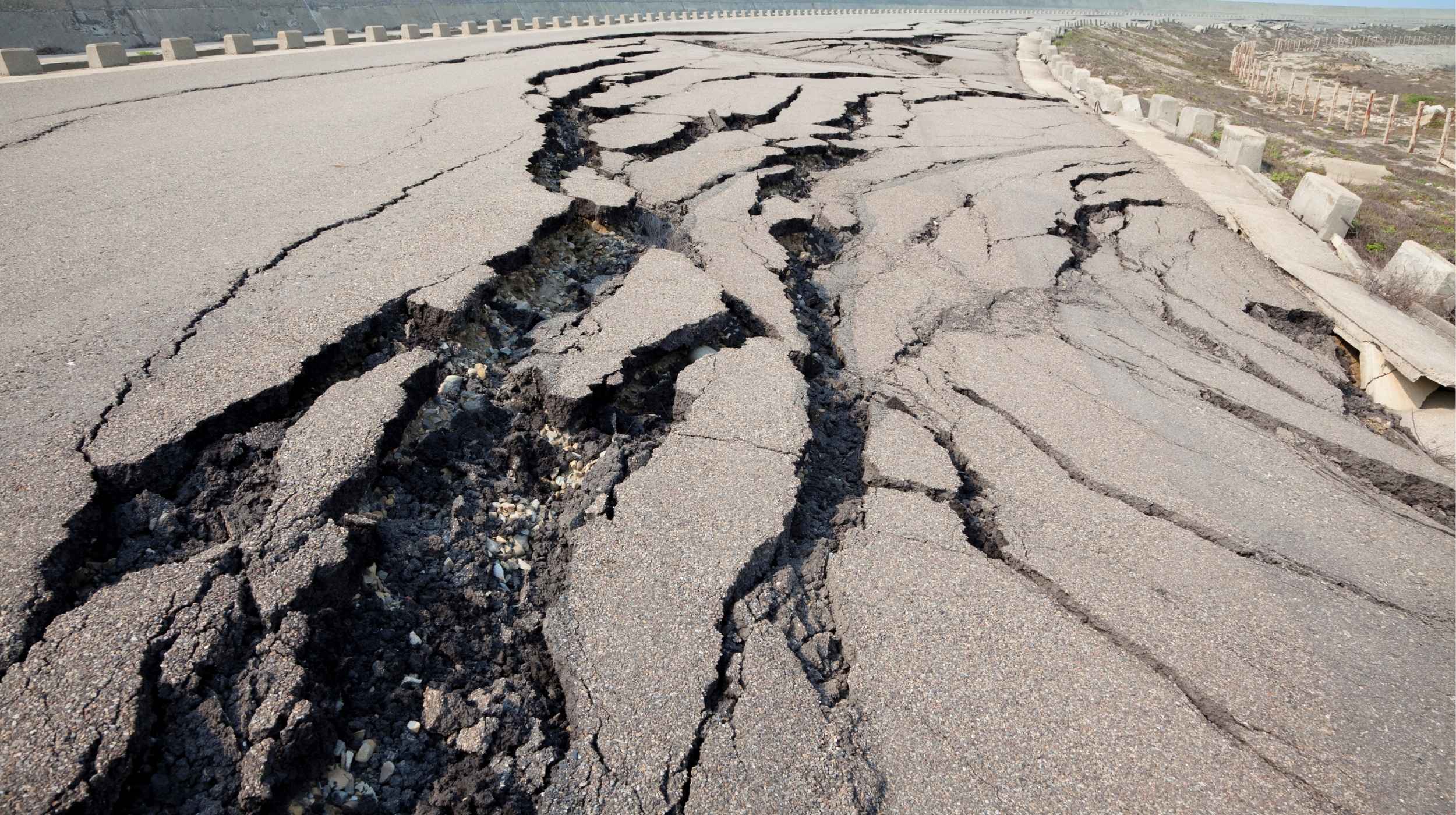An Asteroid the Size of a Building is Zooming Past Earth! Should We Be Worried?

Imagine looking up at the night sky, only to discover that a massive asteroid, the size of a building, is hurtling toward Earth! Surreal, right? That's exactly the reality scientists are grappling with as they monitor asteroid 2025 ME92, a space rock poised to make a close pass by our planet this July.
NASA has confirmed that asteroid 2025 ME92 is barreling through space at a staggering speed of 27,614 miles per hour. For context, that’s faster than most jet engines roar through the sky! This rock, measuring about 110 feet wide, will come within 2,320,000 miles of Earth on July 31. While that distance may sound astronomical, in the grand scale of the universe, it’s relatively nearby.
Asteroid 2025 ME92 belongs to the Aten group, a fascinating family of asteroids known for their unique orbits that intertwine with Earth’s path. Thankfully, experts assure us that this giant rock poses no threat to our safety. NASA has set specific criteria to classify asteroids as hazardous: they must be closer than 7.4 million kilometers and wider than 85 meters. Since ME92 does not meet these benchmarks, it’s simply a cosmic visitor, not a danger.
But why are scientists so vigilant about monitoring these celestial bodies? Even harmless flybys can have unpredictable consequences. A tiny shift in an asteroid's orbit could alter its trajectory significantly, potentially leading to a future threat. Consequently, space agencies worldwide keep a watchful eye on these interstellar travelers.
ISRO Chairman S. Somanath recently unveiled ambitious plans for the future, including missions to study larger asteroids like Apophis, which is set to swing by Earth in 2029. His collaboration aims to work alongside NASA, ESA, and JAXA, focusing on landing on asteroids and conducting in-depth research.
Even though asteroid 2025 ME92 isn't a direct threat, its upcoming visit serves as a reminder of the dynamic and often unpredictable nature of space. A serene night sky can turn into a cosmic spectacle at a moment’s notice. As the day approaches, eyes across the globe will be tuned to the heavens, eagerly watching this celestial event unfold.


